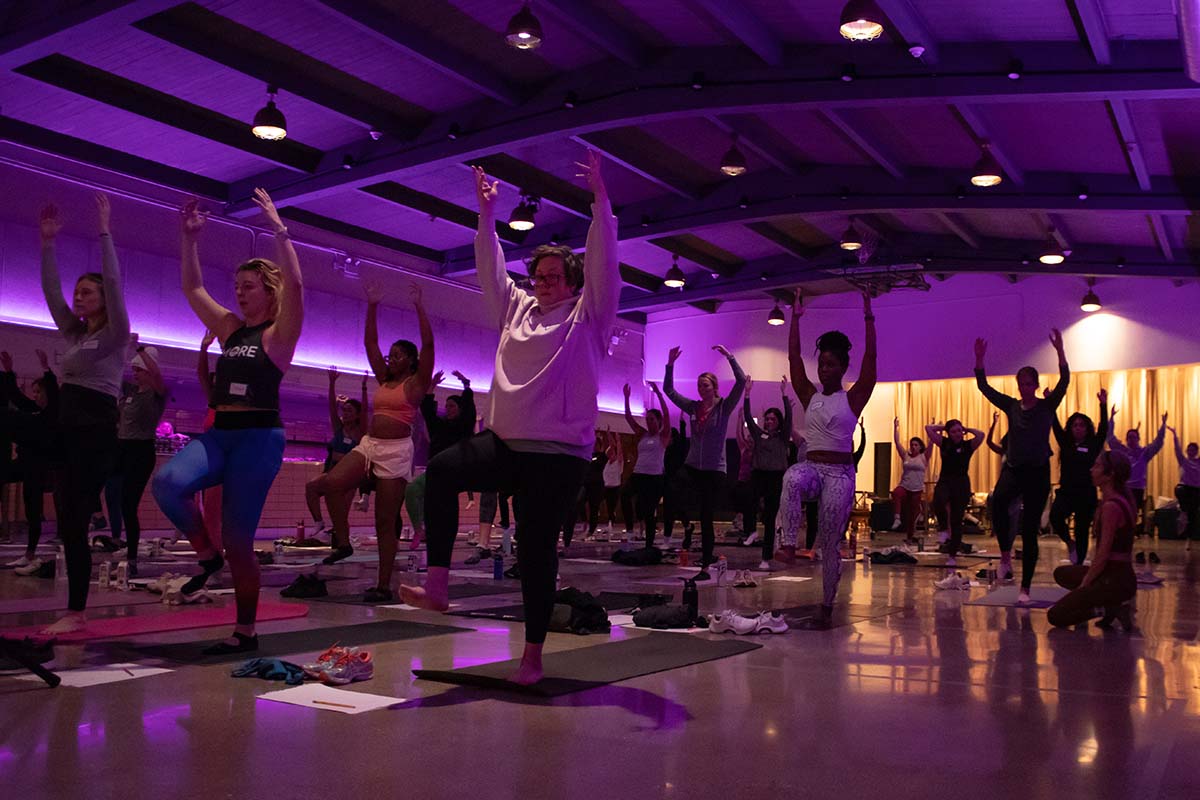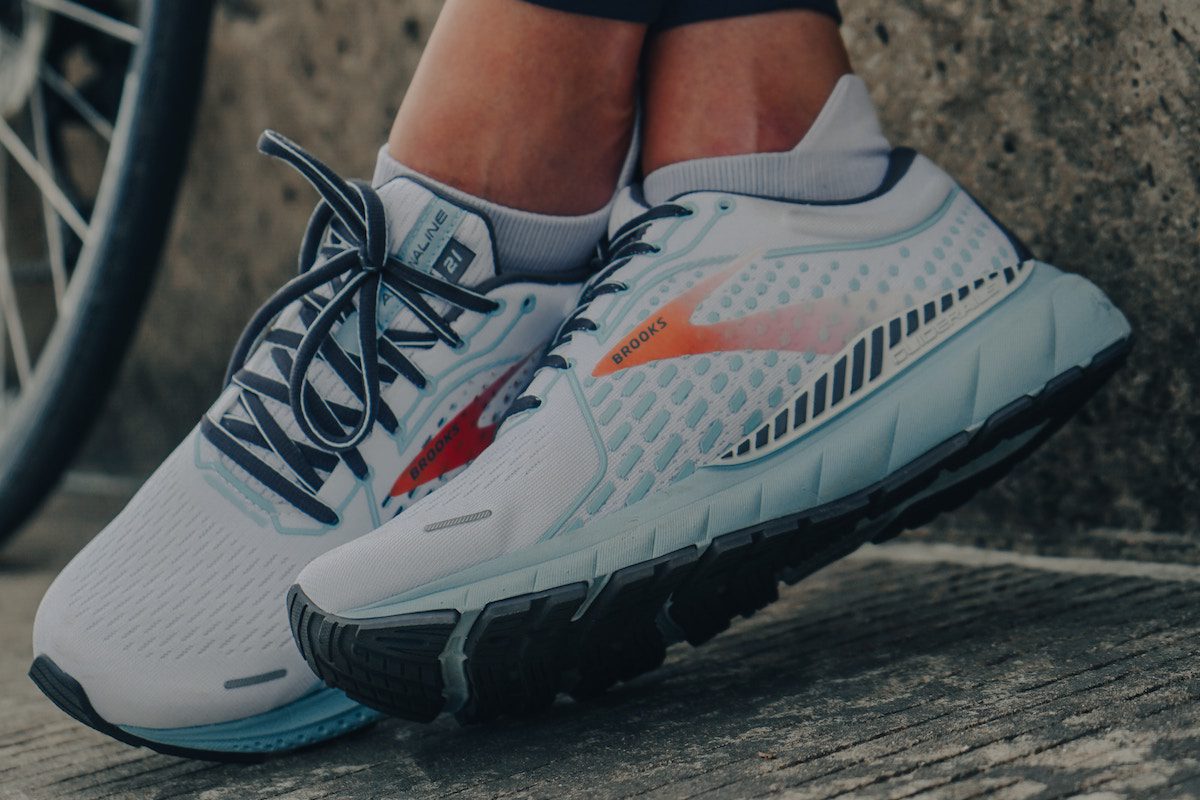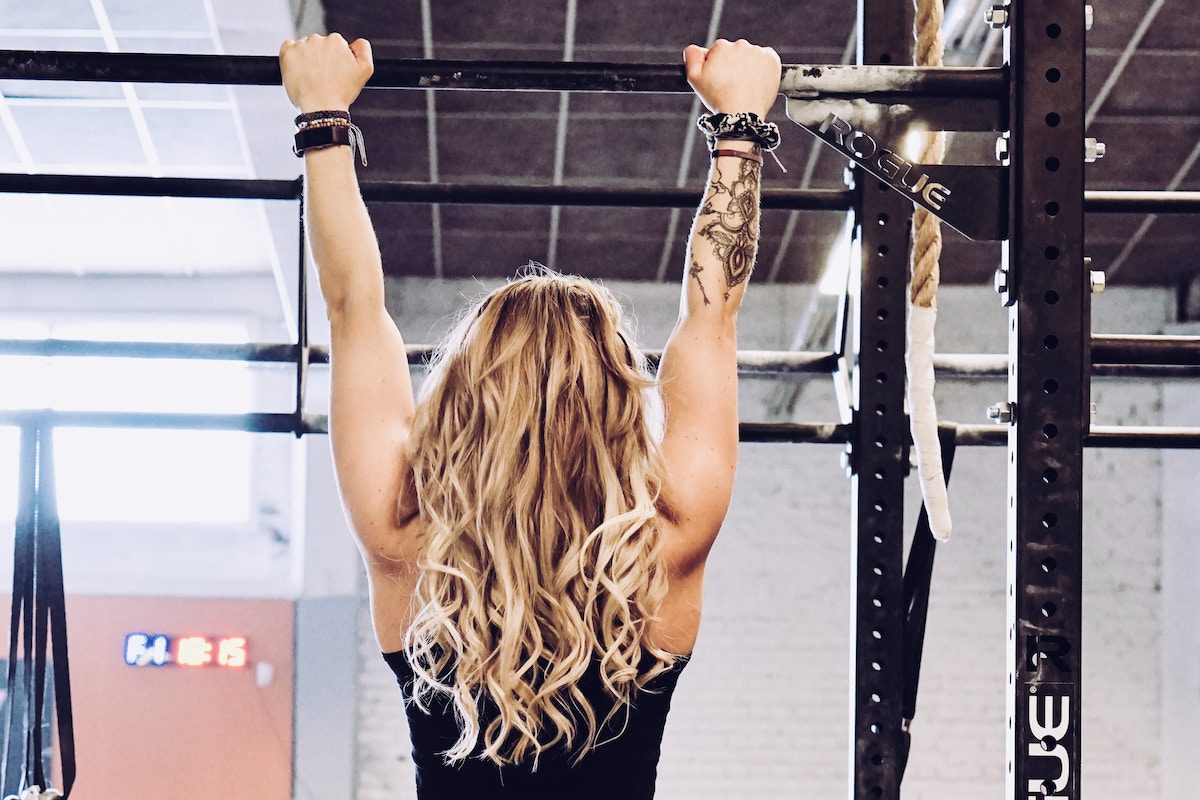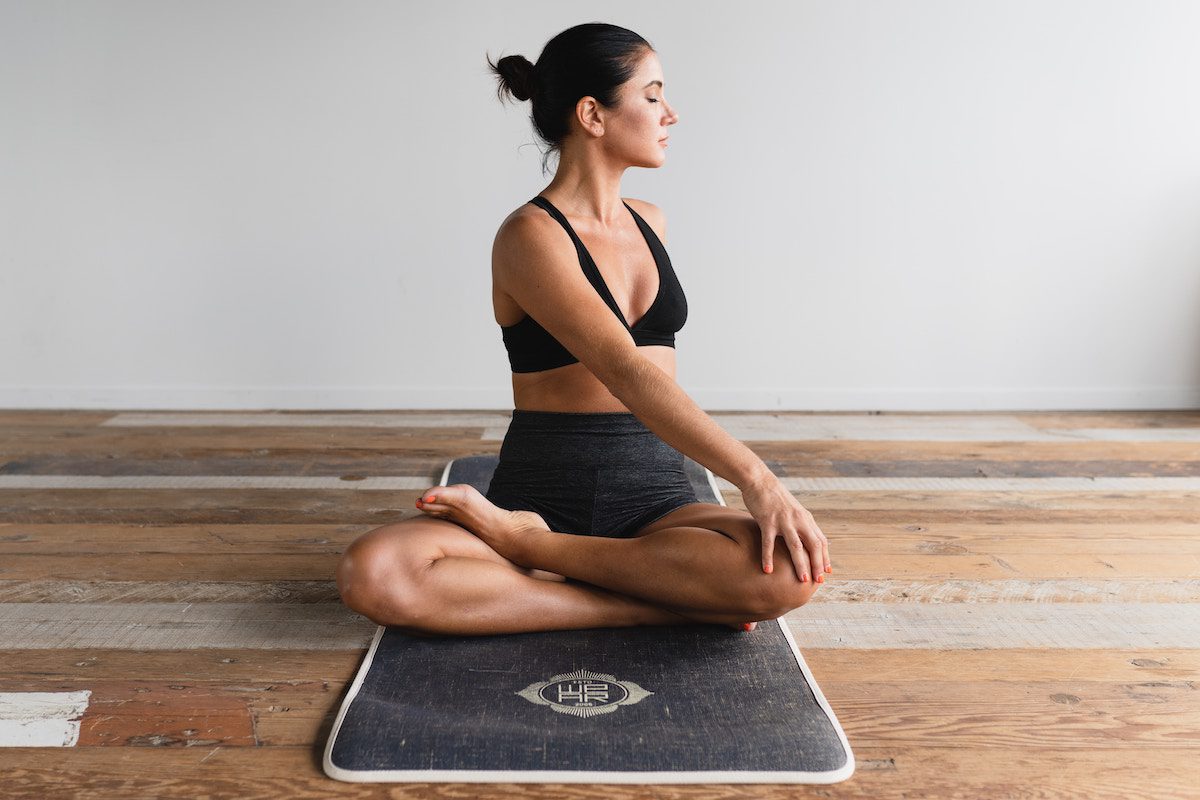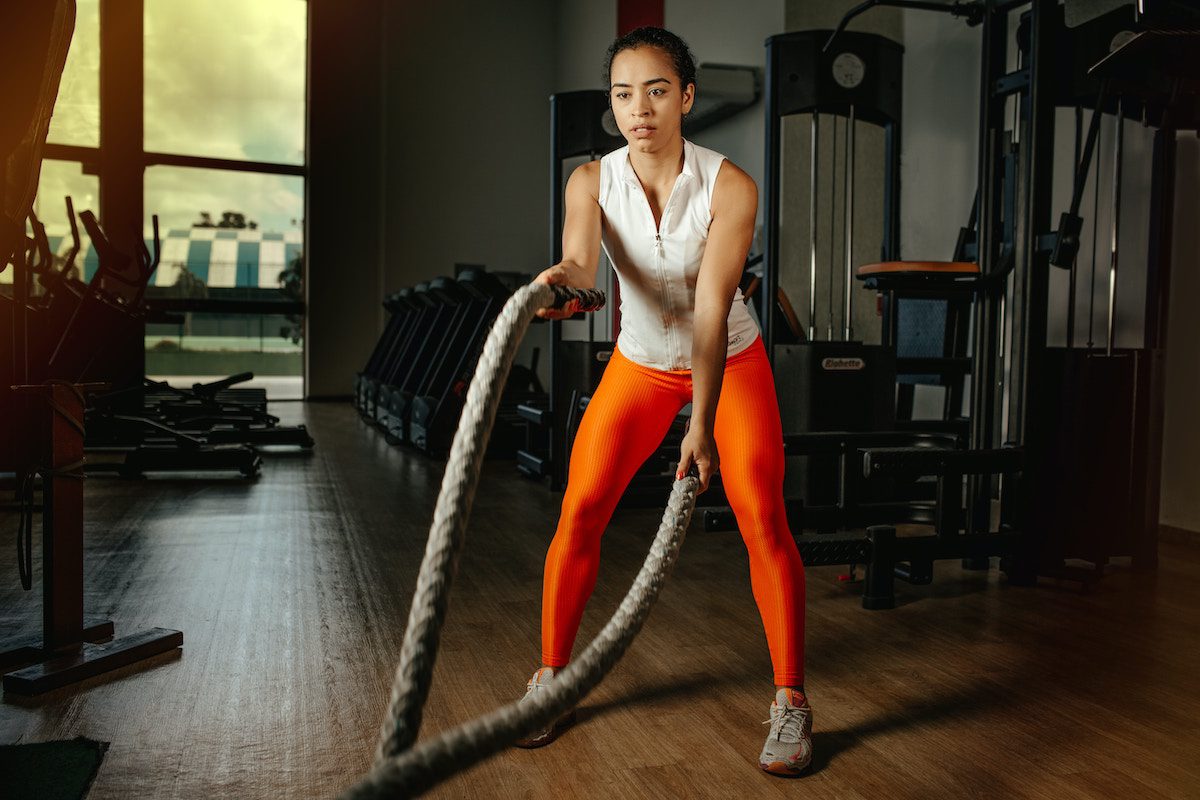Different Types of Sweat and What They Mean
I sweat like a man. I always have. I remember back in high school using products to help me sweat less — but now as an adult, I’ve ditched things like bras and deodorant. (I swear, I’m not one of those crunchy granola people. Well, maybe I can be at times — but hey, live your truth.)
As I’ve begun to embrace the sweaty life (or maybe the aSweatLife), I’ve noticed my sweat smells differently depending on a number of factors.
When I’ve had a horrible night of sleep tossing and turning for hours on end, I have a different sweat than the sweat I notice after an intense workout at the gym. The same can be said after a client call or a stressful appointment. Yet another different sweat. What gives?
It’s turns out different types of sweat do exist. Here’s everything you need to know about sweat types.

Different types of sweat glands
According to the International Hyperhidrosis Society, sweat is essential to human survival and serves as the body’s coolant, protecting it from overheating. Here’s a rundown of the the different types of sweat glands and the kinds of sweat they produce:
Eccrine sweat glands
There are two to four million sweat glands distributed all over our bodies. The majority of sweat glands are eccrine sweat glands, which are found in large numbers in the armpits, cheeks, forehead, palms of the hands, and soles of the feet.
The eccrine glands secrete a clear, odorless fluid directly to the surface of the skin that helps the body control its temperature by promoting heat loss through evaporation. When your body temperature rises due to physical exertion or being too hot, the evaporation of sweat from the skin produces a cooling effect. This type of sweat doesn’t produce a smell, as noted by the Cleveland Clinic.
Apocrine sweat glands
The second type of sweat gland is the apocrine gland, which is found in the armpits and genital region. These glands open up into hair follicles, which are tube-like structures that keep hair connected to the skin.
These sweat glands produce a thick, milky fluid that doesn’t evaporate as easily as the sweat from eccrine glands. When this type of fluid comes into contact with the bacteria naturally found on the skin’s surface, it can produce a smell. The Cleveland Clinic notes that these glands don’t start working until you hit puberty, which is why young children usually don’t smell.
Apo-eccrine sweat glands
There’s also a third type of gland, which is the apo-eccrine gland, explains Alpana Mohta, MD, dual-board-certified dermatologist. This gland holds properties of the eccrine and apocrine glands.
Sweat types and body odor
Body odor from different types of sweat happens when bacteria on the skin come in contact with sweat. Our skin is naturally covered with bacteria — and when we sweat, the fat, salt, and water found in sweat mix with this bacteria and can cause odor, explains the Cleveland Clinic. So really, it’s not the sweat itself that smells but rather the bacteria living on the skin. Crazy, right?
This odor can smell bad or good — or it can be completely neutral and have no smell at all. The Cleveland Clinic says body odor can even smell sour, sweet, or tangy just like onions. This is because body odor is a result of the type of bacteria found on your skin and how that bacteria interacts with sweat — not the sweat itself.
Sweating is a natural body process, but body odor can easily be influenced by a number of factors including certain foods we eat, genetics, hormones, hygiene practices, or medications. All of these things can cause sweat to have a pungent smell once it comes into contact with your skin. Mohta also shares that certain medical conditions such as diabetes and hyperhidrosis (excessive sweating) can also cause sweat to smell.
Why are there different types of sweat?
The International Hyperhidrosis Society explains that both the endocrine and apocrine sweat glands are activated by nerves — and these nerves respond to a variety of stimuli including anxiety and other emotions, exercise, genetics, hormones, messages from the brain signaling the body is too hot, physical activities like sex, and, of course, stress.
The reason for sweating will indicate the different sweat the body releases. Apocrine sweat is often associated with anxiety and stress, while eccrine sweat is usually used to help keep the body cool on those hot and humid summer days or after an exceptionally intense workout.
If you’re extra hairy, then your sweat may be smellier than others. Hey, more hair means more hair follicles and that means more chances for apocrine sweat — which, you guessed it, is the smelly type of sweat.
Contrary to popular belief, sweat isn’t made up of toxins — and therefore you can’t sweat out toxins, notes the International Hyperhidrosis Society. Rather, sweat is made up of 99% water and small bits of carbs, protein, salt, and urea. The kidneys and liver are the organs responsible for detoxing your body, not the sweat glands.
Different sweat for different folks
There are two different types of sweat: eccrine sweat, and apocrine sweat. Eccrine sweat doesn’t smell and is the sweat that comes from the body’s natural cooling system. On the other hand, apocrine sweat seeps out through hair follicles — and once it’s combined with the bacteria found on the skin’s surface, different body odors may occur.
Other factors like diet, genetics, and medications can all easily affect the smell of sweat as well — but if it bothers you, throw on some natural DO or just do what I do and stay away from people. (I’m not smelly, I just don’t like people. Kidding, kind of.)
Mohta says you can also shower daily, use antibacterial soap, wear breathable clothing made of natural fabrics, and, of course, you can always throw on antiperspirant or deodorant. In some cases, prescription antiperspirants or oral medications may be necessary to manage excessive sweating or body odor.


